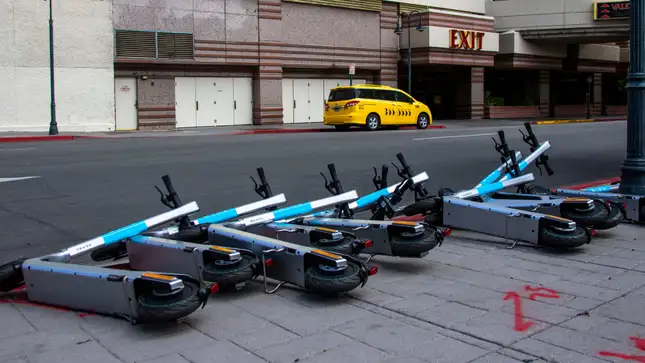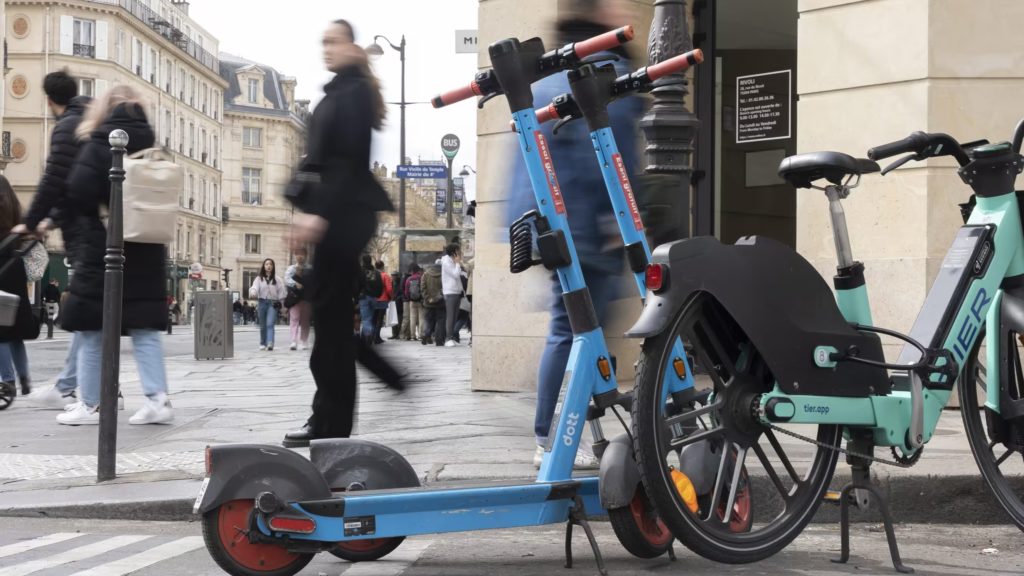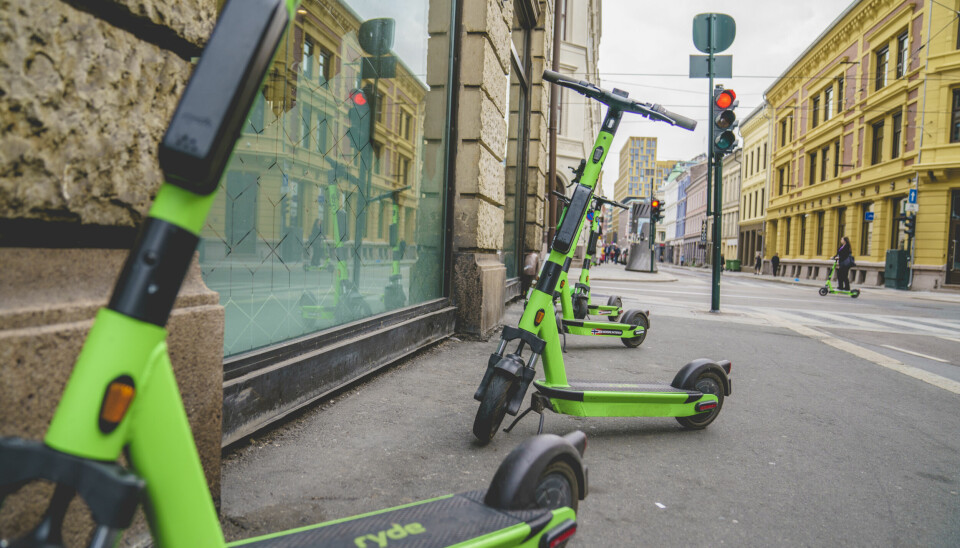Business
🎉New year comes with a new scooter landscape
15 January, 2024
In 2023, the scooter-sharing industry was anticipated to experience consolidation, and after some time, two significant announcements finally came in December from the US.
On the 15th, Superpedestrian declared the closure of its US operations and its intention to sell its EU businesses. This news was surprising given that the company had raised $125 million just 18 months prior and emphasized the challenges to reach competitive unit economics.
Less than a week later, Bird filed for Chapter 11 bankruptcy protection, aiming to restructure its US business (The Canadian and European entities are not affected). Business analysts pointed to a poorly run business that could potentially become profitable after a significant organizational shake-up.

With micromobility.com also being delisted from the NASDAQ, it appears that the survival of the shared scooter industry in the US is in jeopardy. However, ridership increased from 62.2 million in 2021 to 72.2 million in 2022, according to NABSA. With 265 active scooter services in 2022, US cities and citizens alike seem convinced that “e-scooters enhance urban efficiency, sustainability, and street safety,” as stated by David Zipper.
Looking for explanations for the failures of Superpedestrian and Bird beyond the financial aspect, it is interesting to note that they were the only companies operating with non-swappable batteries. This bet seems to have fallen short in terms of operational costs and efficiency, as the last Bird scooters available outside the US still use this technology. Micromobility business analyst Prabin Joel Jones suggests that Bird’s acquisition of Spin from TIER might have been a strategic move to add scooters with swappable batteries to its fleet.
Crossing the Atlantic, 2024 began with significant news for the European scooter market: after rumors of deals with Bolt or Voi, Tier will finally merge with Dott to create the European shared micromobility leader. The new entity, expected to emerge within 2 months, will combine 125 million trips/year in more than 20 countries. Lawrence Leuschner (ex-TIER) is set to become Chairman, Henri Moissinac (ex-Dott) as Chief Executive Officer, Maxim Romain (ex-Dott) as Chief Operating Officer, and Alex Gayer (ex-TIER) as Chief Financial Officer.

According to Fluctuo reports, while scooter ridership grew by 46% in Europe in 2022 compared to 2021, it dropped by 14% in Q3 2023 compared to Q3 2022. The fleet evolution reveals a -9% change in Q3 2023 compared to Q3 2022, possibly due to multiple restrictions in big cities such as Paris (-15,000 scooters). This trend is expected to continue in 2024 with Brussels and Berlin, but it may be offset by mid and small-sized cities adopting scooter services more widely.
Globally, the shared micromobility industry is therefore facing challenges due to the scarcity of VC money in a zero-growth context with stricter regulation. As a low-margin business, it must optimize its operation and cost structure to become profitable in the long term. This is the main driver behind the various moves, whether forced (Superpedestrian, Bird) or considered decisions, as all companies strive to optimize their structure and organizational costs while capitalizing on the best operational practices to lower unit economics.
The new 2024 shared mobility landscape reflects striking parallels between the US and EU markets. Lime becomes the undisputed US leader in free-floating services, competing with Veo on a smaller scale, considering Bird and Spin possibly out of the picture. Similarly, TIER/Dott claims the top position in the EU, followed by a group with Bolt, Lime, and Voi. Among these major players, it would not be surprising to hear of additional merger or acquisition news in the coming months, with Veo (and Lyft’s micromobility department?) and Voi (and Bolt’s micromobility department?) potentially playing roles in the ongoing consolidation.

However, this doesn’t imply that the market is closed to smaller players. In any country where shared micromobility has taken root, local operators addressing mid and small-sized cities, or university campuses are thriving. Pony in France, BIT Mobility in Italy, Donkey Republic or Ryde in Northern Europe, Beryl in the UK, Zeus in Germany—the list is extensive, as the list of cities eagerly awaiting shared micromobility services.
The market now appears to be divided between major operators and fellow cities, and national/regional ones addressing the needs of smaller cities. My bet: public investment in shared micromobility services will change the landscape again in 2024!